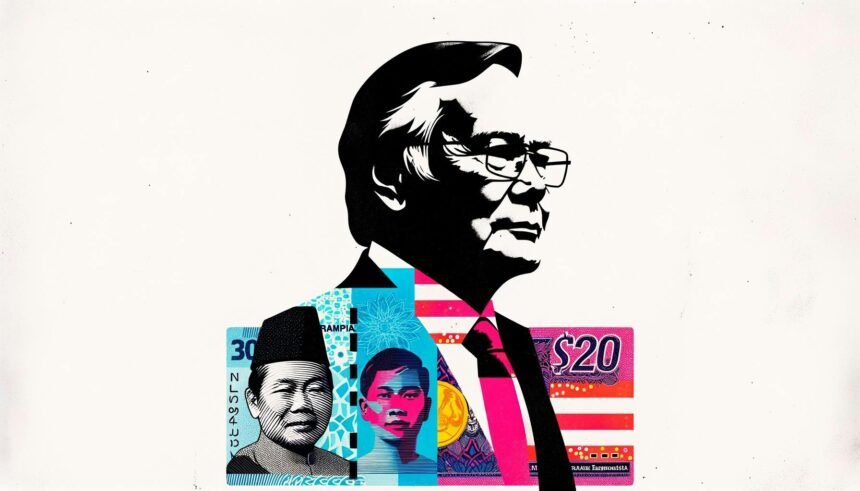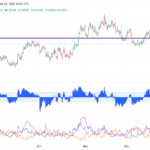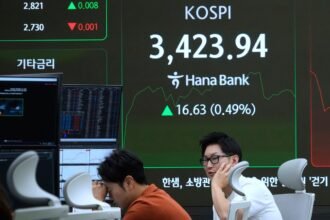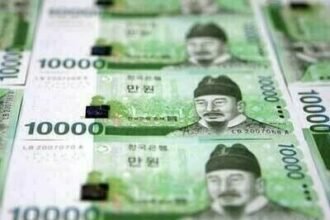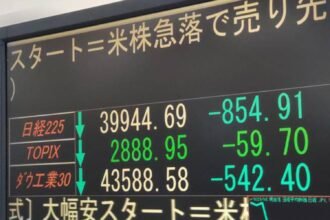What’s going on here?
Asian currencies stumbled, with the Indonesian rupiah and Malaysian ringgit falling 0.4% against the US dollar, influenced by concerns over the possibility of Trump returning to the White House.
What does this mean?
The mere prospect of Trump in office again has shaken the currency scene, particularly for emerging markets like Indonesia and Malaysia. His track record with tariffs hints at trade challenges, adding stress to Asian currencies. Meanwhile, regional stocks showed mixed performances: South Korea’s gains in chips and autos lifted stocks by 1.2%, while Taiwan and Indonesia slipped. Trading was calm in Thailand and the Philippines due to a holiday and storm-related suspension. Central banks are playing pivotal roles too – the Philippines cut rates to encourage growth, while Indonesia maintained them. On the horizon, Malaysia’s upcoming inflation report is highly anticipated to guide future monetary moves.
Why should I care?
For markets: Trump’s shadow looms over Asia.
Investors are cautious as Trump’s potential re-election could bring more turbulence to Asian markets. The mixed stock performances and currency fluctuations show sensitivity to geopolitical shifts and central bank decisions. Malaysia’s inflation data might trigger strategic shifts impacting market trends amidst global economic uncertainties.
The bigger picture: Asia’s monetary tightrope.
Asia faces milder inflation than the US and Europe, but currency instability hinders major rate cuts. Regional markets are also monitoring China’s proposed $280 billion stabilization fund and the IMF’s economic forecasts for Japan. With shifting global dynamics, Asian economies must juggle internal policies and external geopolitical forces to maintain stability and growth.

